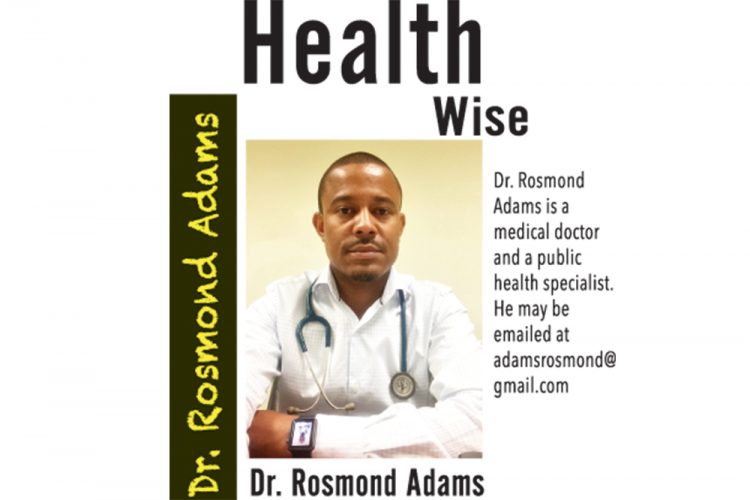The 2020 Hurricane Season has started. Are you prepared?

The 2020 Atlantic hurricane season officially started on June 1. It is predicted that an above-normal season is expected, according to forecasters from the National Oceanic and Atmospheric Administration (NOAA) Climate Prediction Center. The outlook predicts a 60 percent chance of an above-normal season, a 30 percent chance of a near-normal season and only a 10 percent chance of a below-normal season.
Apart from the hurricane season, we are currently operating in a pandemic and so advance preparation will be needed to prevent overcrowding, especially the rush to get essential supplies ahead of a hurricane. Hurricane shelters must also start looking at how they can operate in a manner that can prevent the spread of COVID-19 in the event that they may need to shelter large numbers of people.
During a hurricane or any other natural disaster, lives are at risk. People struggle to prevent deaths and injuries and take measures to stay alive. Preparation is an important strategy to ensure that all the necessary mechanisms are put into place in the event that these disasters do happen.
Just like you would put in place measures to protect your home and your valuables, you must also put measures in place to protect your health. Your life is your most valuable commodity and so adequate preparation must be put in place to safeguard your health in the event of these natural disasters.
Persons who are ill, suffer from chronic diseases and other conditions, are extremely vulnerable. During these natural disasters there may be disruption of transportation services and health systems may be down. Access to essential medicine and health care may not be available. It is encouraged that you have a stash of medicine to last you during the storm.
Medication must be well protected, and you should have sufficient medication to last you for at least an entire week after the storm. Patients must ensure that these medications are stored properly, especially those that may require special conditions, such as insulin.
Ensure that there is access to sufficient food and drinking water. If possible, try to store sufficient water for sanitary purposes, as this can help to reduce the spread of communicable diseases.
Ensure that food is prepared in a safe manner to prevent the spread of gastroenteritis.
Having a first aid kit is also very important, as it may have medicines and other tools needed to respond during an emergency.
The importance of preparedness cannot be overstated. Remember that it is better to be prepared than to be sorry.









